Avoid conflicts of law between laws
In a summary report on some major issues to be received and revised in the draft Law on Housing (amended), Chairman of the Law Committee of the National Assembly Hoang Thanh Tung said: The group of policy issues of the draft Law on Housing (amended) needs to be regulated in a consistent manner with the draft Law on Land (amended) and the Investment Law. Regarding the consistency with the draft Law on Land (amended), the Chairman of the Law Committee said that there are 2 types of opinions on the form of land use for investment in commercial housing projects (Clause 4, Article 36):
The majority of opinions suggest keeping the regulations on types of land used for commercial housing projects as in the current Housing Law (having the right to use residential land, having the right to use residential land and other land, receiving the right to transfer residential land use through agreements) to prevent loopholes and budget losses due to land rent differences when allowing other types of land to be used for commercial housing projects.
Some opinions agreed with the provisions of the draft Law on Housing (amended) submitted by the Government at the 5th session on adding 2 other types of land for commercial housing projects to institutionalize the policy in Resolution No. 18-NQ/TW dated June 16, 2022 of the 5th Conference of the 13th Party Central Committee.
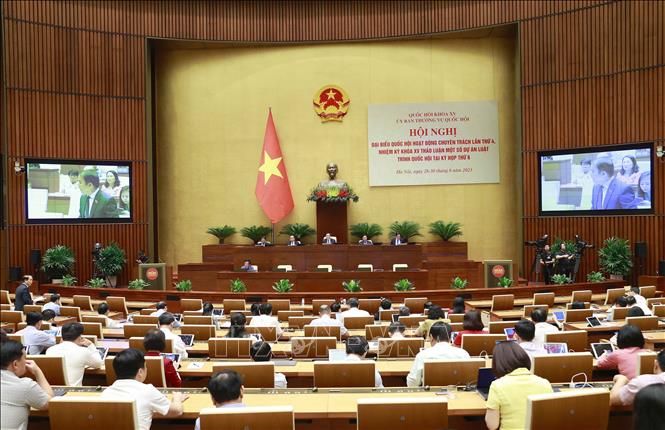
The conference of full-time National Assembly deputies continued to discuss the draft Law on Housing (amended). Photo: VNA
Through discussion at the 25th session, the majority of opinions of the Standing Committee of the National Assembly agreed with the proposal of the Standing Committee of the Law on Housing in the direction of inheriting the provisions of the current Housing Law.
Regarding the content related to the Investment Law, through research, the Standing Committee of the National Assembly agrees with the proposal of the Standing Committee of the Law Committee in the direction: To avoid legal conflicts between different laws, ensure simplification of investment and business procedures, reduce legal compliance costs for people and businesses, it is necessary to revise Clause 4, Article 35 of the draft Law on Housing (amended) to connect the regulations on the order and procedures for investing in housing projects between the three laws on Investment, Construction, and Housing, remove the duplicate content on investment procedures as mentioned above and expand the right to choose the form of investment (authorization or establishment of an enterprise) of investors as shown in the draft Law.
Regarding the renovation and reconstruction of apartment buildings (Chapter V of the draft Law), the Standing Committee of the Law Committee accepted the opinions of the National Assembly Deputies and revised Articles 68, 69 and 70 of the draft Law in the following direction: For old apartment buildings (built before 1994), the provisions of the current housing law on the application of coefficient K for apartment compensation will continue to be inherited; for new apartment buildings built after 1994 that are subject to reconstruction because they are still in accordance with the planning, the apartment owners are responsible for contributing funds to rebuild the apartment building and will be paid this fund according to the project implementation progress or after handing over the apartment according to the approved compensation, support and resettlement plan. If no funds are contributed to rebuild the apartment building, compensation for land use rights and remaining housing value (if any) will be paid according to the Government's regulations.
Regarding the regulation that the Vietnam General Confederation of Labor is the investor of social housing and workers' accommodation (Clause 3, Article 78), the Chairman of the Labor Union clearly stated that there are two types of opinions on this issue as follows:
First type of opinion: Agree with the regulation that the Vietnam General Confederation of Labor is the governing body investing in social housing projects for workers to rent according to the proposal of the Vietnam General Confederation of Labor in Document No. 7177/TLĐ-BQLDA.
The second type of opinion: It is recommended that the Vietnam General Confederation of Labor not be stipulated as the investor of social housing projects and workers' accommodation in the draft Law on Housing (amended) as the Government submitted. This is a new issue, the pilot process in the past (according to the Prime Minister's Decision) still has many problems, not "mature" enough to be stipulated in the Law. Therefore, it is recommended that the Vietnam General Confederation of Labor develop a Project to report to the National Assembly for consideration to pilot the policy of the Vietnam General Confederation of Labor being the investor of social housing projects for a certain period of time, if it is effective, it will be stipulated in the Law.
Regarding land for social housing construction (Article 81), the Standing Committee of the National Assembly reported and proposed 2 options. After discussion at the 25th session, the Standing Committee of the National Assembly agreed with Option 1 as proposed by the Standing Committee of the National Assembly.
Regarding the construction of workers' accommodation in industrial parks (Articles 90 and 92), the Chairman of the Law Committee said that many opinions agreed to build workers' accommodation in the commercial and service land area of industrial parks as stipulated in the draft Law submitted by the Government.
Some opinions suggest not to regulate the construction of workers' accommodation in industrial zones because it is inconsistent with Article 19 and Article 77 of the Investment Law. The construction of workers' accommodation should be limited in industrial zones to ensure labor safety and security and order in industrial zones.
Consider regulations on investors and conditions for being investors in housing construction investment projects
Speaking at the discussion, National Assembly delegate Le Thi Thanh Lam (National Assembly Delegation of Hau Giang province) said that Clause 2, Article 35 of this draft Law stipulates that in the case specified in Point a, Clause 1 of this Article, the investor of the housing construction investment project must meet the following conditions: Having equity capital according to the provisions of the law on real estate business to implement each project; having the right to use land to implement each type of housing construction investment project according to the provisions of this Law or being allocated land or leased land according to the provisions of the Land Law; having the capacity and experience to implement the project according to the provisions of the law.
Delegate Le Thi Thanh Lam said that such a provision is unnecessary and may cause overlap. Therefore, it is recommended that this provision should be considered for removal in the draft Law on Housing (amended). In addition, to continue perfecting the draft Law, Delegate Le Thi Thanh Lam also suggested that it is necessary to review the provisions in Clause 1, Article 35 and Clause 1, Article 58...
Delegate Nguyen Thanh Nam - National Assembly Delegation of Phu Tho province spoke.
Commenting on the regulations on general requirements for housing development, management and use, delegate Nguyen Thanh Nam (National Assembly Delegation of Phu Tho Province) pointed out that Clause 5, Article 5 stipulates that “In urban areas of type I, type II and type III, in wards, districts and cities of special urban areas, investors in housing construction projects must build houses for sale, rent and hire-purchase”. Delegate Nguyen Thanh Nam said that the above regulations are not suitable, are difficult to implement in practice and cause difficulties for investors and people when buying houses in urban areas...
According to delegate Nguyen Thanh Nam, in reality, people in the midland and mountainous provinces often want to use land to build their own houses on the land and design the architecture to suit the customs, habits, living habits and activities of the family, individuals, including rural areas or urban areas of type II, type III. Therefore, if the above regulations are implemented, they will not be implemented in many localities.
In addition, when the investor has to build a house on the land, it will increase the cost for the investor, so the price of the house will increase when it reaches the people. After that, people still have to continue to spend a large amount of money to complete the house, renovate a part or many parts of the house, at that time, the value will be too high compared to the income and needs of the people.
Regarding administrative procedures, delegate Pham Trong Nghia (Lang Son Province National Assembly Delegation) said that the website specializing in statistics on living standards in the world shows that in 2023, Vietnam's housing price-to-income ratio ranked 14th out of 107 surveyed countries, and 11th out of 38 countries in Asia. Accordingly, on average, housing prices in Vietnam are 23.5 times the annual income of a household. Meanwhile, this index would ideally be 5-7 times. Investment procedures are one of the basic causes of increased costs, leading to high housing prices, especially in urban areas and industrial parks, leading to housing in these areas being beyond the reach of the majority of people...
Delegate Pham Trong Nghia noted that the draft Law has cut and shortened a number of procedures compared to the current law. However, there are still a number of administrative procedures that can be further cut. Accordingly, Clause 4, Article 37 stipulates the notification of complete housing handover documents by the central housing management agency or provincial housing management agency according to the Government's regulations. Delegate Pham Trong Nghia pointed out that this is a new administrative procedure that is not yet included in the current Law and has many points that overlap with the procedure prescribed for documents approving acceptance results according to the Construction Law.
In addition, Clause 4, Article 35 stipulates that, for projects subject to investment policy approval and investor approval in accordance with the law on investment, if there are many investors proposing to implement a housing construction project, after the investment policy is approved, these investors can authorize a qualified investor or establish an enterprise or cooperative to carry out procedures for investor recognition. Thus, after the investment policy is approved and the investors are approved, the investors still have to take one more step to become investors.
Therefore, delegate Pham Trong Nghia proposed to review and re-evaluate how many administrative procedures have been cut and how many procedures have been added in the draft Law to serve as a basis for National Assembly delegates to discuss at the upcoming 6th Session.
Concluding the discussion, Vice Chairman of the National Assembly Nguyen Khac Dinh said that the opinions expressed by the National Assembly deputies were enthusiastic, intelligent, with a high sense of responsibility, focusing on the key contents of the draft. The opinions expressed basically agreed with many contents that had been absorbed and revised; at the same time, many contents were analyzed, deepened and many practical and specific opinions were added to perfect the content of the draft law.
National Assembly deputies highly appreciated the responsible and open-minded working spirit of the agency in charge of reviewing and drafting, which coordinated with relevant agencies under the close direction of the National Assembly Standing Committee to seriously absorb the opinions of National Assembly deputies at the 5th Session, revising and perfecting the draft law.
After this conference, the Secretary General of the National Assembly will organize a synthesis of the discussion opinions and send a report to the National Assembly deputies and relevant agencies for research, acceptance and explanation to continue perfecting the draft law. The Standing Committee of the National Assembly will closely coordinate with the Government to direct the agency in charge of the review, the drafting review agency and relevant agencies to continue to research, explain and fully and carefully absorb the opinions of the National Assembly deputies discussing today and the opinions of the National Assembly delegations, relevant agencies and organizations to continue perfecting the draft; collect the Government's opinions before submitting it to the National Assembly for discussion and consideration and approval at the 6th Session.
According to VNA/Tin Tuc Newspaper
Source


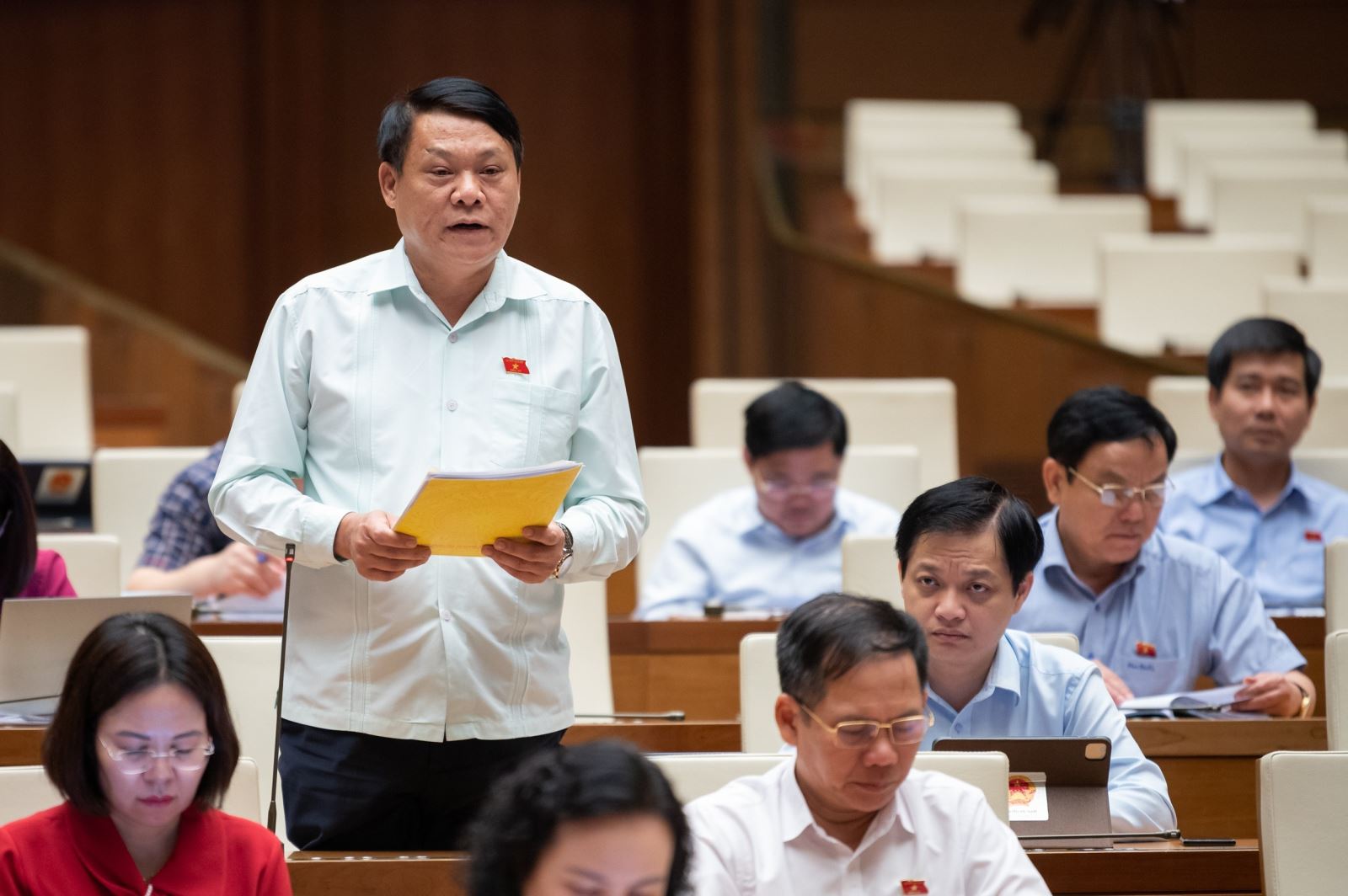
![[Photo] Warm meeting between the two First Ladies of the Prime Ministers of Vietnam and Ethiopia with visually impaired students of Nguyen Dinh Chieu School](https://vstatic.vietnam.vn/vietnam/resource/IMAGE/2025/4/17/b1a43ba73eb94fea89034e458154f7ae)
![[Photo] Promoting friendship, solidarity and cooperation between the armies and people of the two countries](https://vstatic.vietnam.vn/vietnam/resource/IMAGE/2025/4/17/0c4d087864f14092aed77252590b6bae)
![[Photo] Prime Minister Pham Minh Chinh and Ethiopian Prime Minister visit Tran Quoc Pagoda](https://vstatic.vietnam.vn/vietnam/resource/IMAGE/2025/4/17/18ba6e1e73f94a618f5b5e9c1bd364a8)
![[Photo] Welcoming ceremony for Chinese Defense Minister and delegation for friendship exchange](https://vstatic.vietnam.vn/vietnam/resource/IMAGE/2025/4/17/fadd533046594e5cacbb28de4c4d5655)
![[Photo] President Luong Cuong receives Kenyan Defense Minister Soipan Tuya](https://vstatic.vietnam.vn/vietnam/resource/IMAGE/2025/4/17/0e7a5185e8144d73af91e67e03567f41)
![[Photo] General Secretary To Lam receives French Ambassador to Vietnam Olivier Brochet](https://vstatic.vietnam.vn/vietnam/resource/IMAGE/2025/4/17/49224f0f12e84b66a73b17eb251f7278)
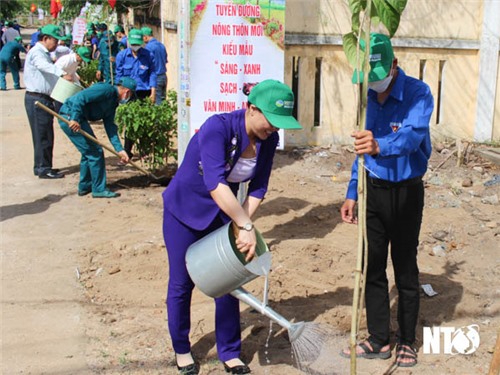
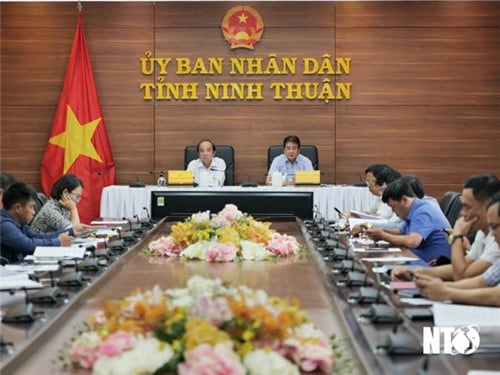
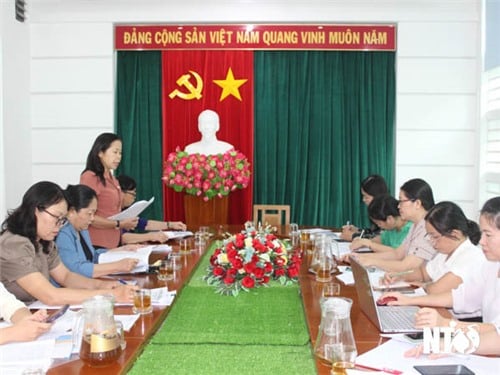
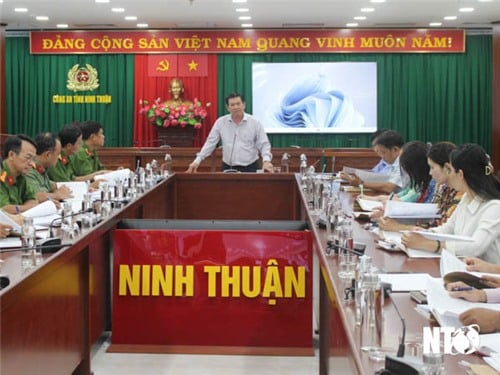
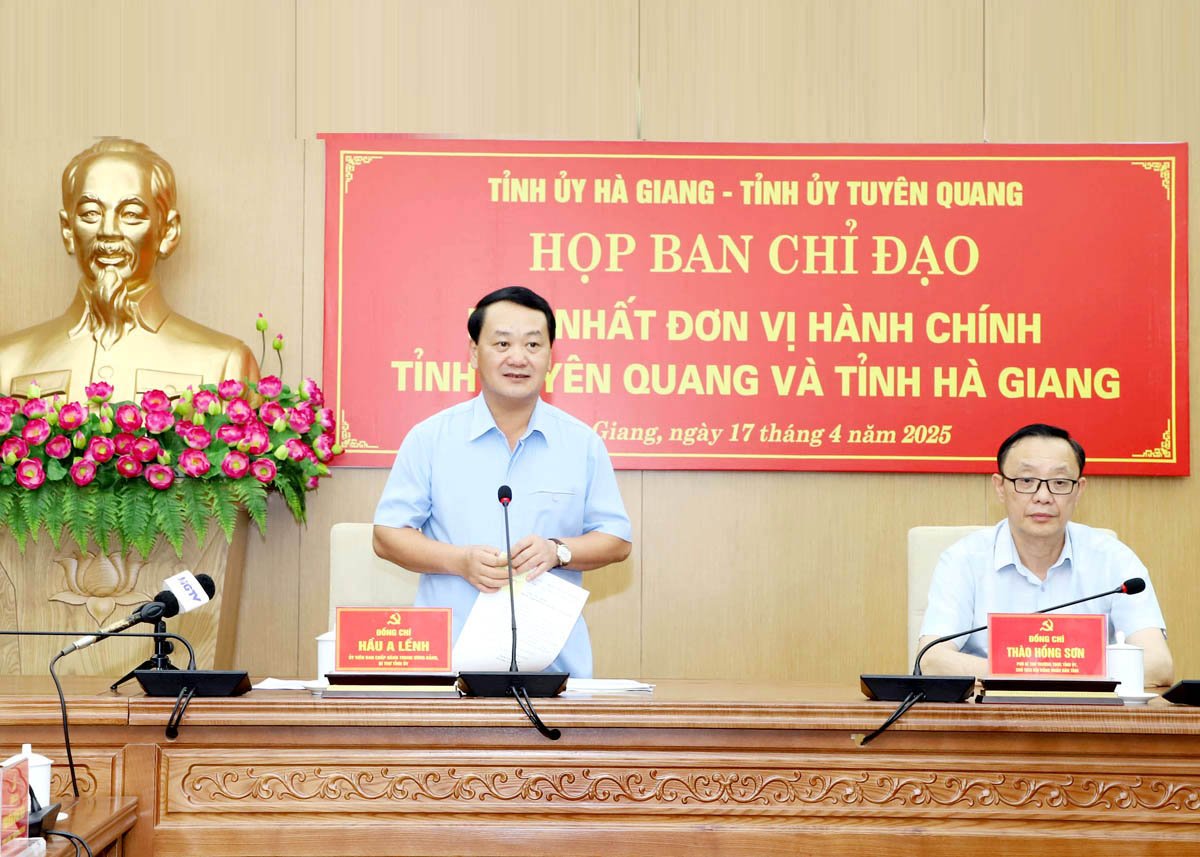
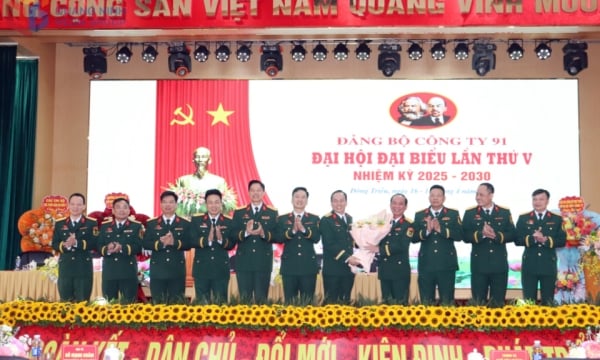
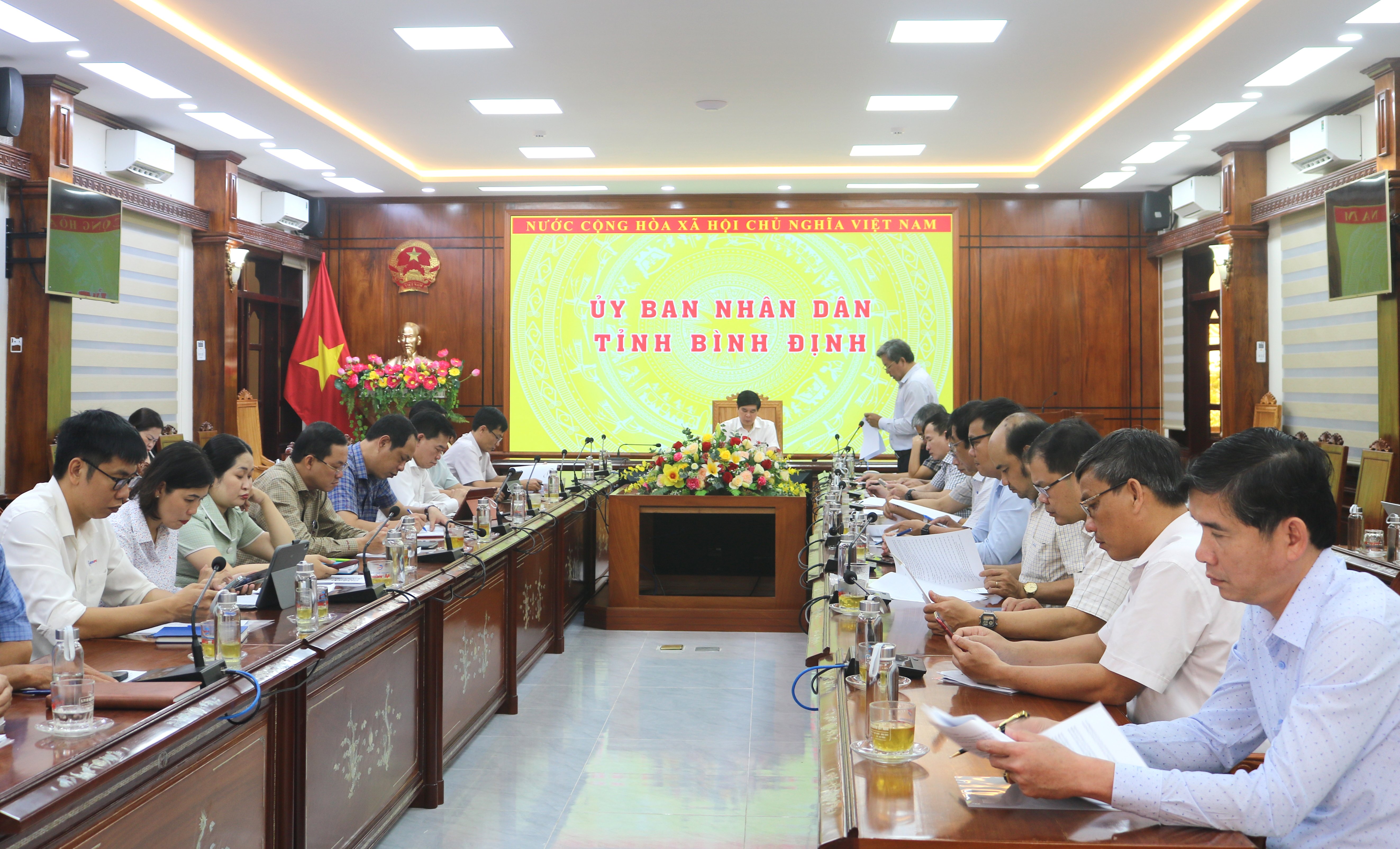








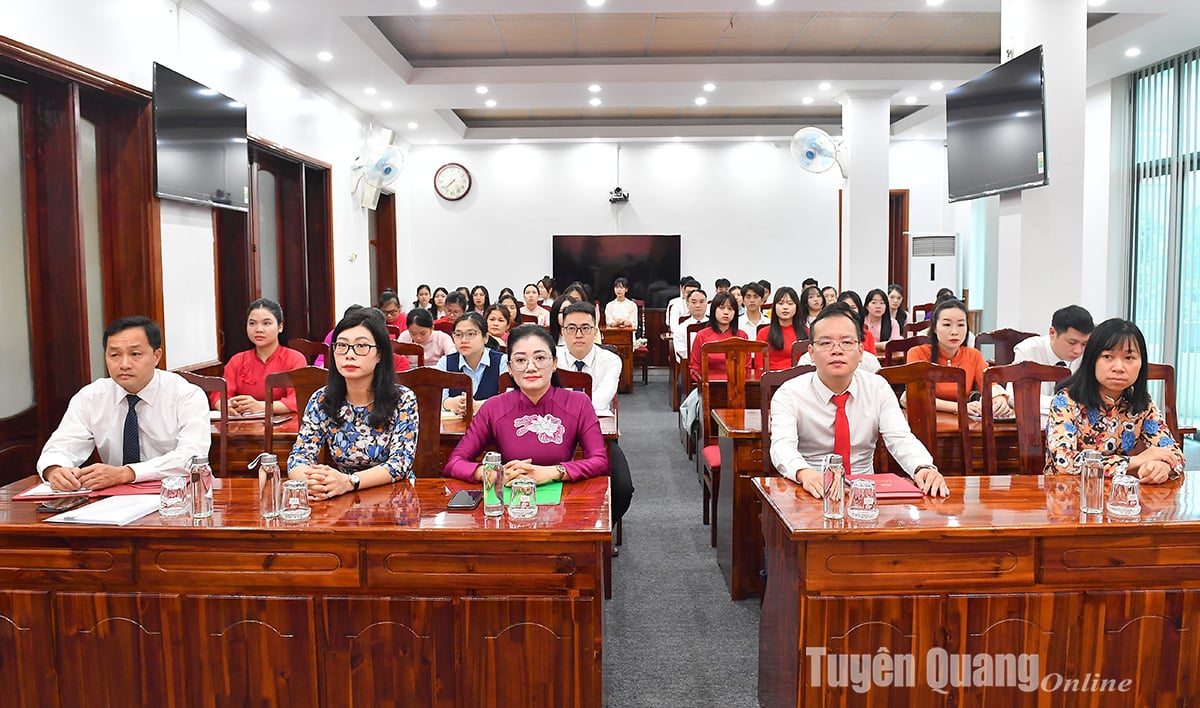
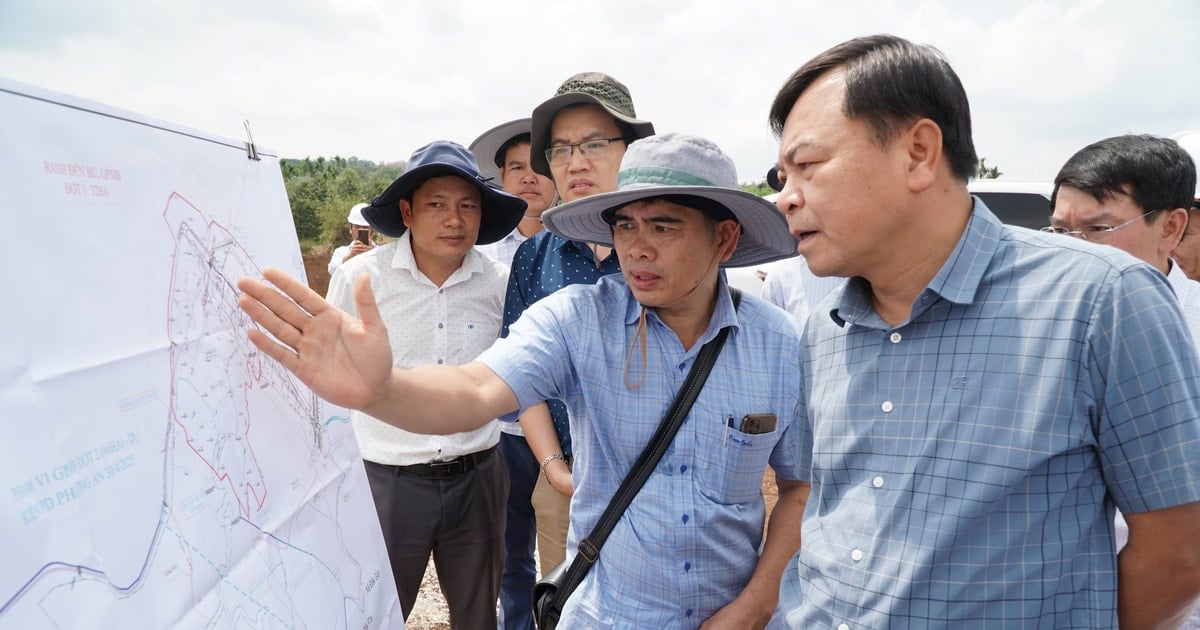

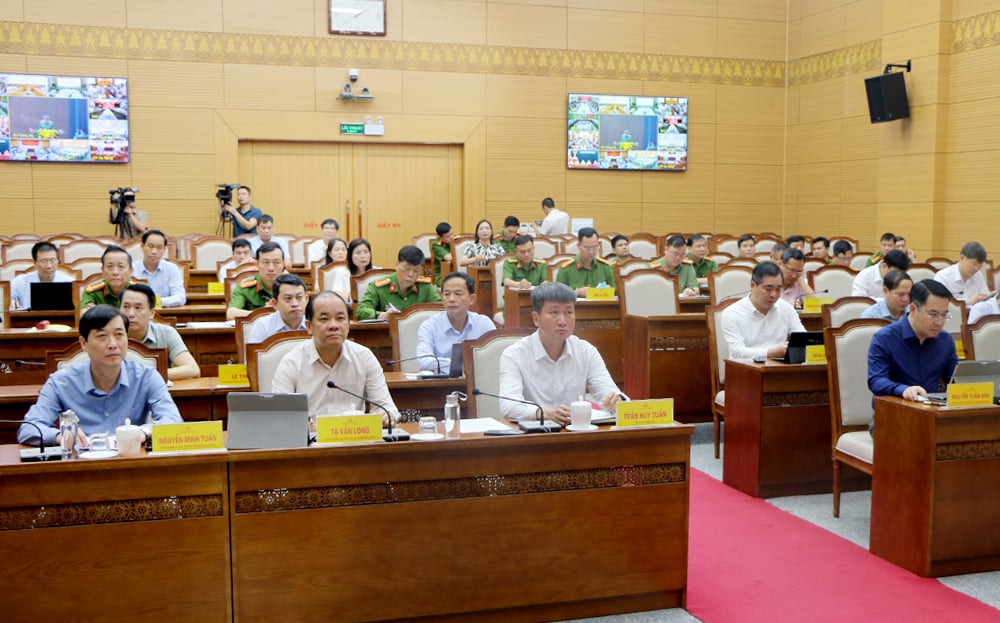
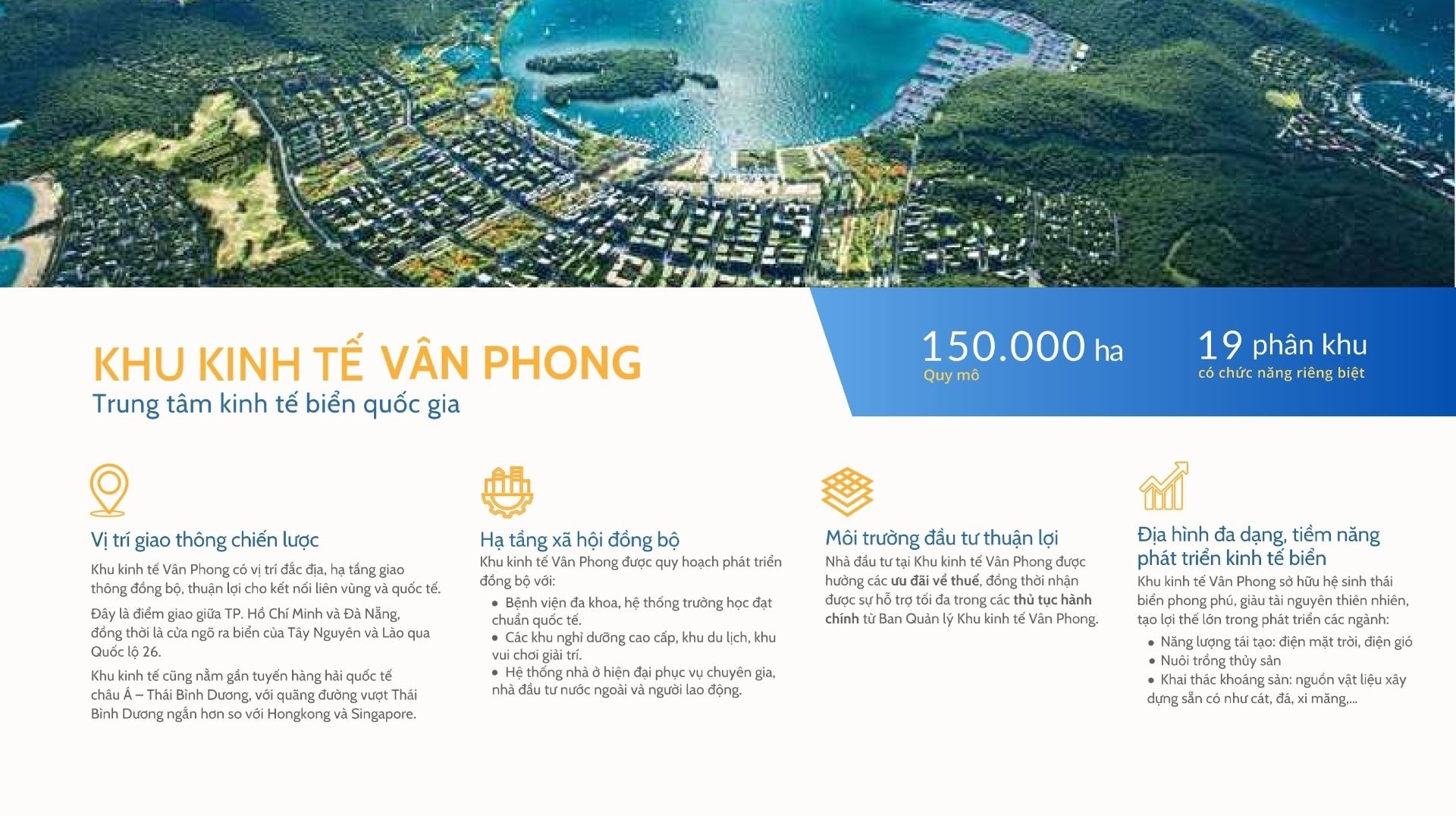




























![[Video] Viettel officially puts into operation the largest submarine optical cable line in Vietnam](https://vstatic.vietnam.vn/vietnam/resource/IMAGE/2025/4/17/f19008c6010c4a538cc422cb791ca0a1)















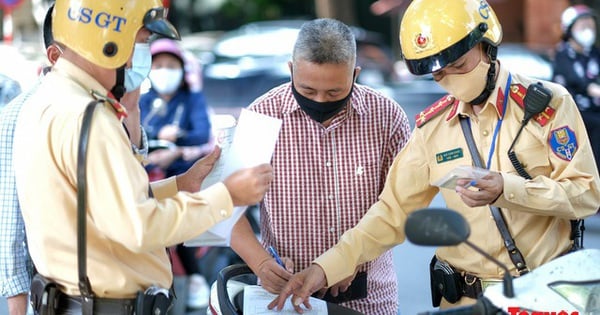

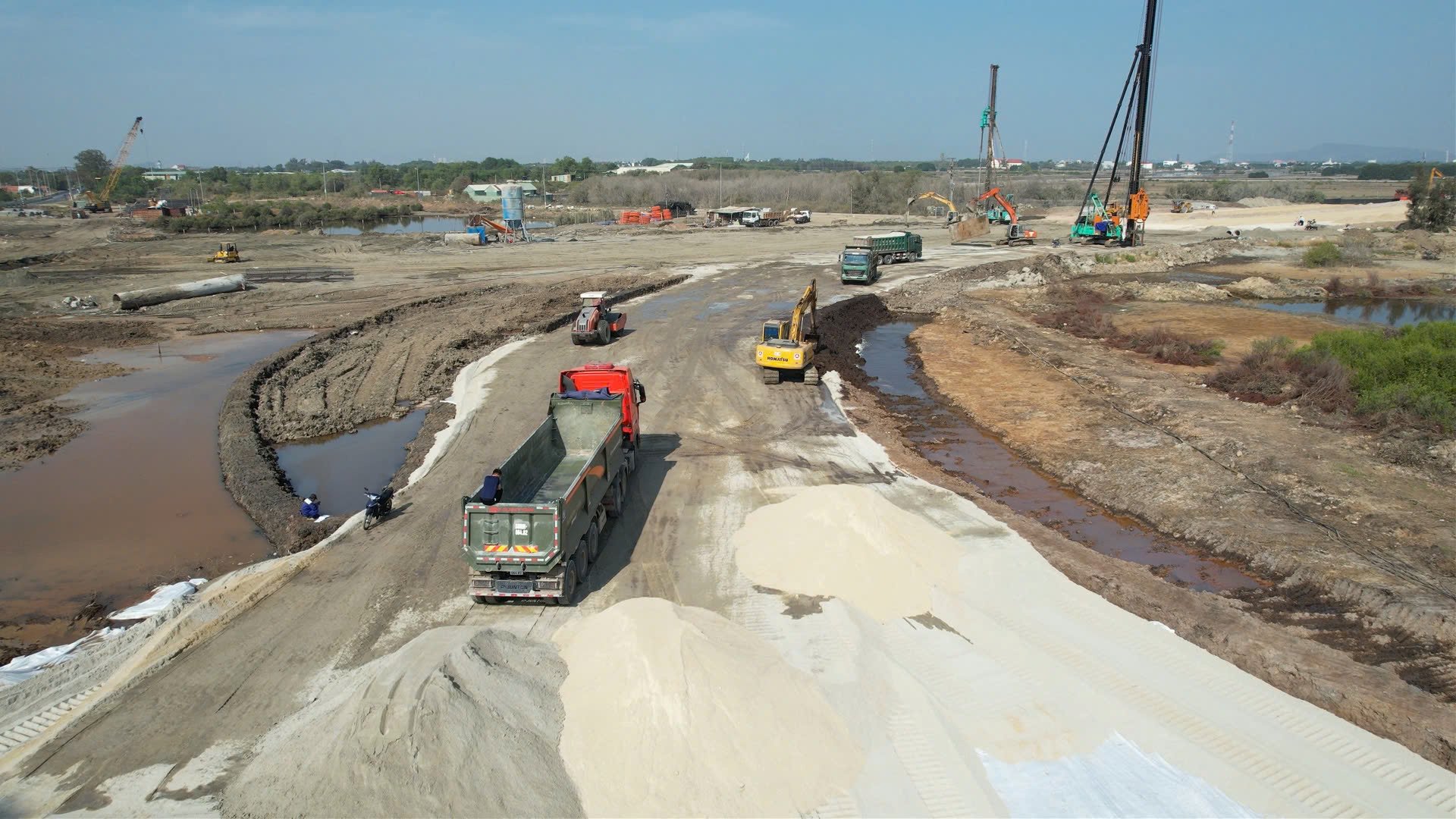






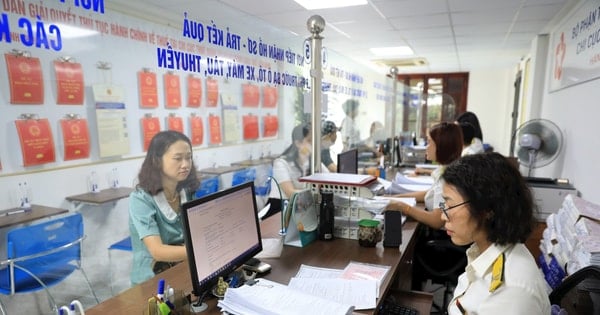

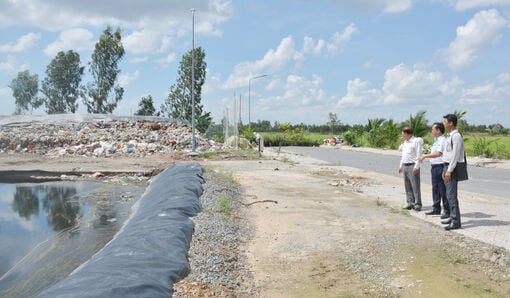











Comment (0)